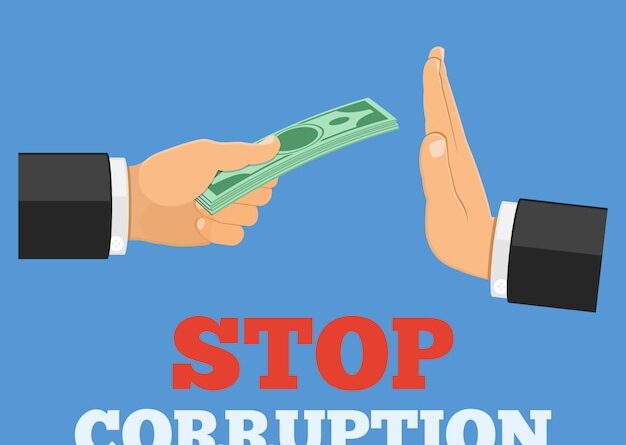Corruption Hinders Rwanda-Uganda Trade
Traders and investors from Rwanda and Uganda have highlighted corruption as a barrier to trade between the two countries.
Figures from Uganda’s finance ministry showed that the value of exports to Rwanda in the first three months of 2022 fell from $16.6 million a month in 2019 to $220,000 a month.
However, in the last quarter of 2022, Rwanda’s imports from Uganda reached $60.55 million compared to $15.64 million in the nine months of this year.
In a meeting that brought together the private sectors of the two countries on Thursday to discuss trade and investment opportunities, Uganda’s Foreign Minister, General Odongo Jeje Abubakhar, said non-fiscal barriers continue to be an obstacle to trade and investment.
He stated, “The joint meeting of the two countries decided on barriers that impede trade, including Non-Tariff Barriers (NTBs), fees for unknown traders, tariffs, fees for services, and notifying traders.”
He further mentioned that whenever he speaks to government officials, he immediately senses corruption. “These barriers increase the cost of doing business.
This morning we decided to continue working together to solve them all,” he added.
General Odongo emphasized that both countries have prioritized the private sector as the economy’s engine, but the current situation is not favorable. “Last year, the business was down to $7.2 million.
It forces us to put in a lot of effort on the part of the government and the people, to recover and change this business,” he said. He encouraged businessmen to take advantage of the improving relationship between the two countries and engage in all economic activities.
The State Secretary at the Ministry of Foreign Affairs and Cooperation in charge of the East African Community, Prof. Dear Manasseh, mentioned ongoing discussions to remove trade barriers. He stated, “There are non-tariff barriers that are created by people and removed by people. These and other hindrances in the face of corruption are not permitted, whether they are barriers or notifying people.”
Ugandan traders reported issues at the border, stating that it takes two hours to cross, which slows down trade.
The Director General of the Rwanda Development Board (RDB), Clare Akamanzi, noted the strong history of trade, investment, and culture shared between Rwanda and Uganda. She mentioned that in 2019, before the Covid-19 outbreak, Ugandan exports to Rwanda, mainly food and cement, were worth over $200 million. She added, “I think we can do more business between us than here…Rwanda is progressing and you will rally around.”
Akamanzi highlighted Rwanda’s economic growth, averaging more than 8% per year, making it one of Africa’s most dynamic economies.
She said the economy has recovered from Covid-19 with an average growth of 8.2% in 2022. “It is easy to do business in Rwanda. The World Bank has ranked Rwanda second in ease of doing business in Africa after Mauritius and 38th globally. Registering a business is easy and takes six hours. You can do this on the Internet and get the document immediately. Rwanda is safe. Corruption is the third worst crime in the world,” she noted.
More than 23 investment projects from Rwanda are registered at the RDB, amounting to $252 million and creating more than 1,800 jobs. Akamanzi reiterated that the economy has continued to grow with an average rate of 8.2% in 2022.
She declared, “It is easy to do business in Rwanda. The World Bank ranked Rwanda second for the ease of doing business in Africa after Mauritius and 38th in the world.”
Investor Denis Karera told traders that the African stock market offers many opportunities and urged them to participate.
He assured that the non-tariff barriers were discussed during the meeting and solutions were sought.

